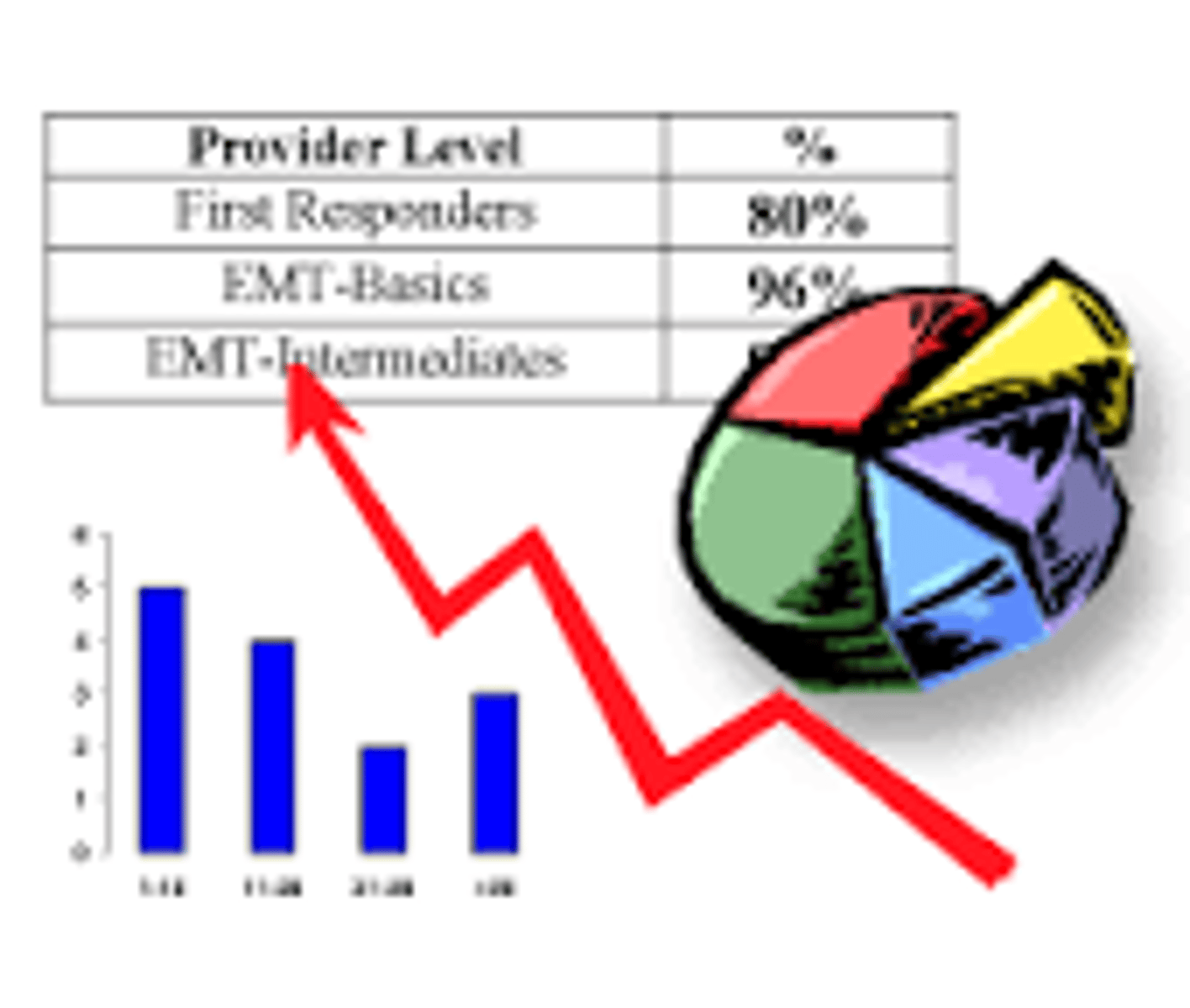Persuasive language techniques - Logos and ethos
1/9
There's no tags or description
Looks like no tags are added yet.
Name | Mastery | Learn | Test | Matching | Spaced | Call with Kai |
|---|
No study sessions yet.
10 Terms
Expert opinion
-Definition: When a person who is a specialist in a subject gives their opinion on an issue related to their area of expertise
Eg: "'Teenagers need more sleep', says child psychologist Jean Marie"
-Effect: Positions the reader to view the author's argument as more convincing or credible because it appears to be supported by someone reliable with experience regarding the issue at hand
Research evidence
-Definition: The use of 'proof' or evidence drawn from research (like university studies, surveys, interviews, etc)
Eg: "According to a recent survey, students at Point Cook Senior want to establish an organised queuing system when they collect their lunches"
-Effect: Positions the reader to view the author's argument as more convincing or credible because it appears to be supported by research in the field, usually conducted with large groups
Anecdote
-Definition: A short account or personal story - often entertaining, gives a human angle that engages the reader and conveys information
Eg: "Recently my neighbour experienced these problems first-hand"
-Effect: Positions readers to respond emotionally, yet "rings true" so gains the reader's attention by giving the impression of being relatable. In this sense, establishes a sense of credibility.
Appeals to common sense
-Definition: Playing on the audience's sense of common sense --the practical, everyday knowledge that is accepted as obvious and therefore "true"
Eg: "It's not rocket science. Increased fines for speeding equal a reduction in the road toll --it's pure common sense."
-Effect: Pressures the reader to agree by implying that everyone who disagrees lacks practical intelligence and cannot see what is self-evident.
Reason and logic
-Definition: The use of a valid argument developed in a 'step-by-step' fashion with clear links that support the author's point of view (eg: links back to topic)
Eg: "It is to be hoped that this new fad of barefoot running is short-lived. It stands to reason that running without cushioning and support for the feet will cause increased pressure and intensified impact, resulting in a whole raft of stress-related injuries"
-Effect: Positions the audience to accept the writer's viewpoint as objectively true because it is not just personal opinion or emotional reaction. Gives the impression of a well-argued case that can stand up to scrutiny. This is often delivered in a calm tone and/or formal style.
Graphs and diagrams
-Definition: Facts and figures represented in visual form
Eg:
-Effect: Gives a quickly understood picture of the 'facts' that support a viewpoint in a persuasive piece that appear to be objective and reliable

Statistics
-Definition: Facts and figures expressed in numerical form, usually applying to a particular population
Eg: "48% of Australians agree that the Government's asylum seeker policies are too harsh"
-Effect: Positions the reader to view the author's argument as more convincing or credible because it appears to be supported by 'the numbers' or statistics, which are viewed as generalisable to large groups related to the issue.
Cause and effect statements
-Definition: Suggesting a connection between one thing and another, implying that one causes the other
Eg: "Greenhouse gasses contribute towards increases in global warming"
-Effect: Invokes a call to action or a sense of urgency by connecting different factors to each other. Establishes a clear problem and its causes, thus highlighting the consequences of an issue or suggesting a solution as a logical, viable alternative.
Recognition of opposing viewpoints
-Definition: Outlining the opposition's arguments and recognising their point of view
Eg: "Parents may argue that P-platers are to blame, however..."
-Effect: Boosts credibility as creates the impression of being well-researched and having explored multiple viewpoints before settling on the most logical stance. Establishes a starting point for rebuttal.
Still learning (4)
You've begun learning these terms. Keep up the good work!